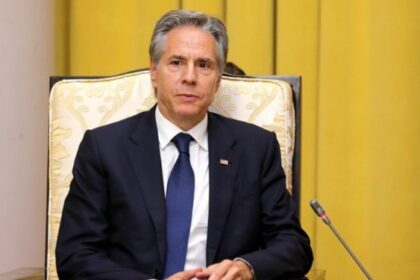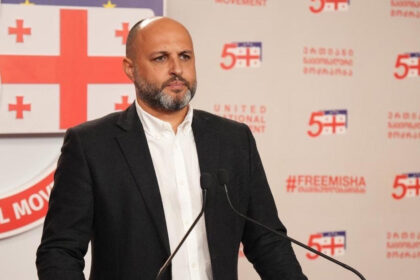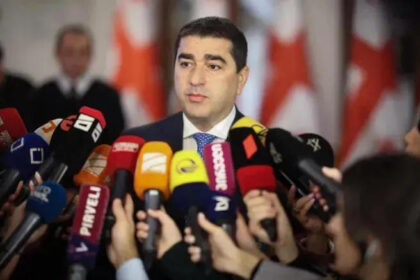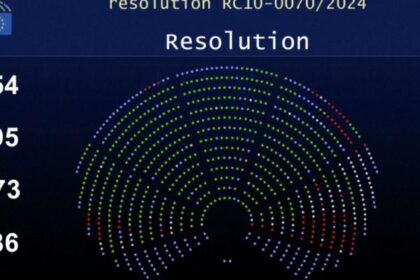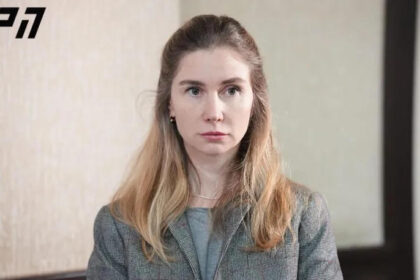**EU Calls on Georgia’s Ruling Party to Reverse Course**
The European Commission has sent a strong message to the Georgian Dream (GD) government, urging them to change their ways and engage in dialogue with citizens and political actors. The call comes as tensions between Georgia and the EU continue to escalate over issues like violence against citizens, repressive laws, and democratic decline.
In response to questions from European Commissioner for Enlargement Marta Kos, the Commission published a written statement emphasizing that the current trajectory of the GD government jeopardizes Georgia’s path towards EU membership. The Commission noted that the accession process has effectively come to a halt due to the Georgian authorities’ actions.
**EU Assistance on Hold**
The Commission also announced that over EUR 120 million in direct assistance to the Georgian authorities has been suspended. An additional €30 million planned for 2024 under the European Peace Facility is now on hold, and no further assistance is planned for 2025. However, the EU will continue to support civil society and independent media, tripling funding from EUR 5 million to EUR 15 million.
This decision reflects the EU’s growing concern over Georgia’s democratic backsliding. The Commission emphasized its readiness to hold those responsible for political violence accountable and take further actions if necessary.
**Accountability and Reforms**
The EU called on the GD authorities to demonstrate a genuine commitment to returning to the EU path by taking concrete steps, including:
* Ending violence against citizens
* Releasing those unjustly detained
* Suspending repressive laws in consultation with the Venice Commission
* Engaging in meaningful dialogue with civil society and all political actors
The Commission made it clear that these measures are essential for restoring trust and resuming the EU accession process.
**Context**
Georgia’s relations with the EU have been strained since the GD government decided to halt the accession process until 2028, sparking widespread anti-regime protests. The violent dispersals of these protests and the subsequent repression contributed to a sharp deterioration in Georgia’s relations with both the European Union and the United States.
In response, the EU Foreign Affairs Council suspended visa-free travel for holders of Georgian diplomatic and service passports. High-level political dialogue between Brussels and Tbilisi has also been frozen since then.
As tensions continue to rise, the EU’s call on the GD government to reverse course is a significant development in the ongoing saga. Will Georgia heed this warning, or will relations with the EU continue to deteriorate? Only time will tell.
Read More @ civil.ge





